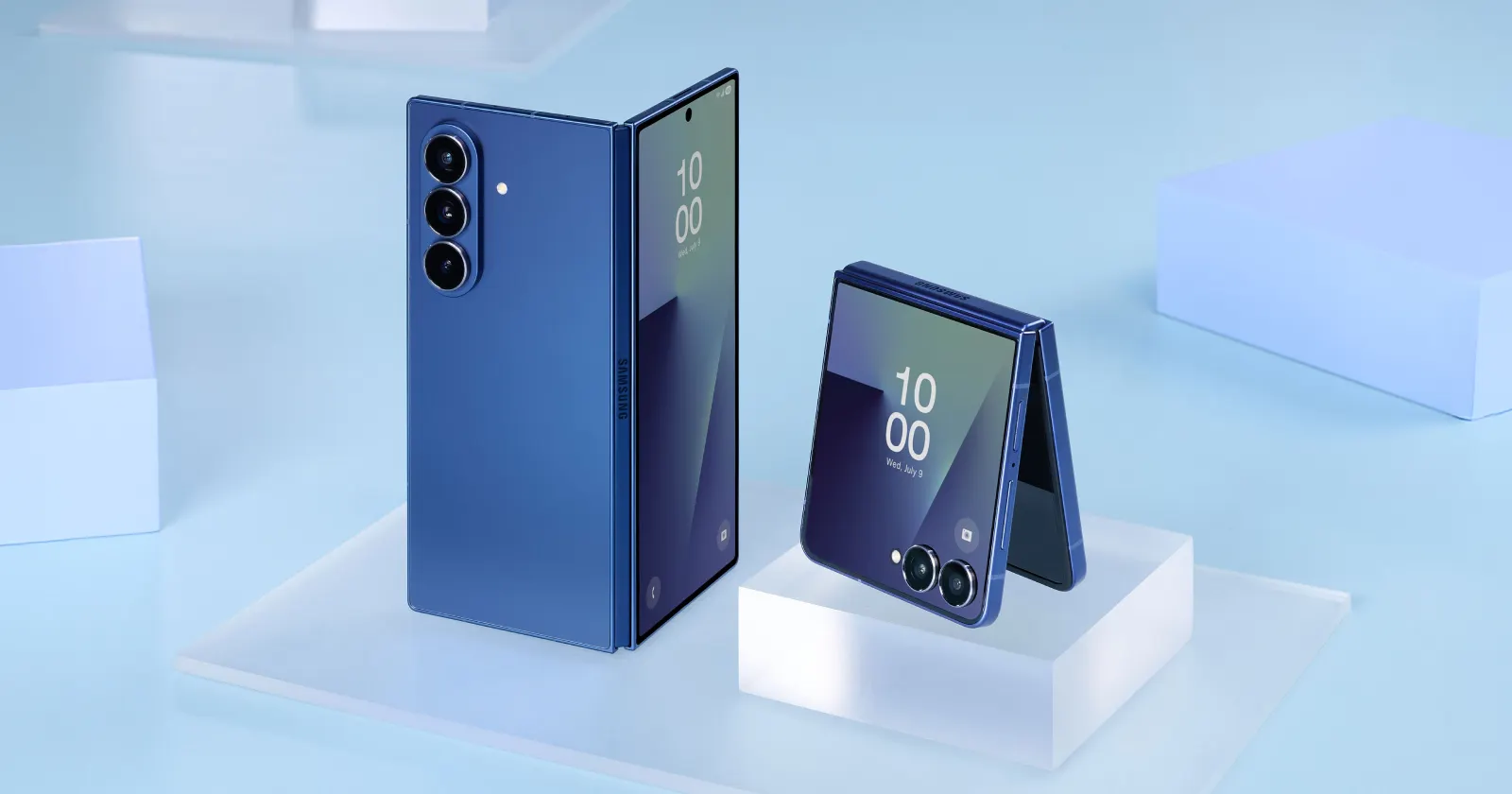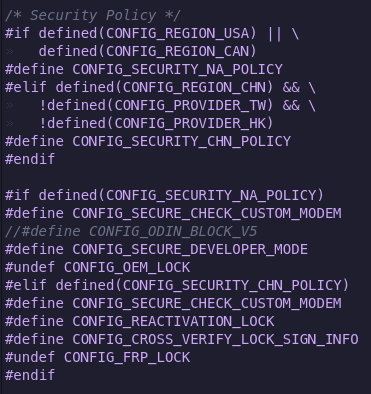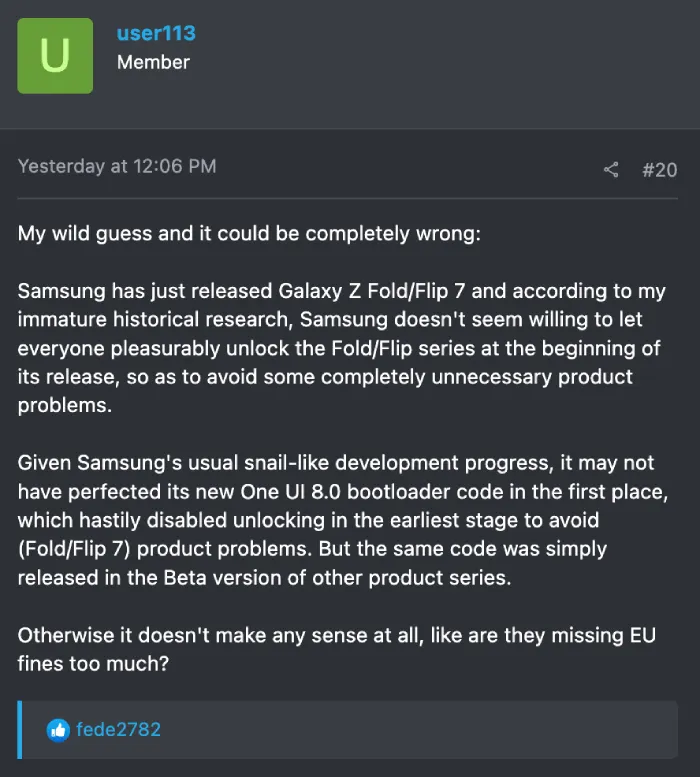Samsung has made a significant change that will affect a small but passionate segment of Android users. With the rollout of One UI 8, the company is removing the ability to unlock bootloaders on Galaxy devices worldwide, extending restrictions that were previously limited to US models.
The discovery came to light through a detailed investigation by XDA Developers contributor salvo_giangri, who reverse-engineered Samsung’s Settings app code to understand exactly how the OEM Unlock toggle functions. His analysis revealed that Samsung has quietly extended bootloader restrictions that were previously limited to US models.
By examining the code that controls when the OEM Unlock option appears, salvo_giangri found that Samsung checks several conditions before showing the toggle. The crucial change involves a property called "ro.boot.other.locked" – when this is set to "1", the unlocking option disappears entirely from Developer Options
Previously, this restriction only applied to US Samsung devices. However, firmware analysis shows that international devices running One UI 8 now have "androidboot.other.locked=1" set in their boot configuration, effectively blocking access to bootloader unlocking worldwide.
The technical implications run deeper than just hiding a menu option. According to leaked Exynos bootloader source code from 2022, when this restriction is enabled, all bootloader unlocking code gets completely stripped from the device firmware during compilation. This suggests that workarounds may be impossible, unlike previous software-based restrictions that developers could sometimes bypass.
OG Android users know that bootloader unlocking has served as a lifeline for enthusiasts who want to extend their device’s usefulness beyond Samsung’s official software support. Custom ROMs allow users to install newer Android versions on older hardware, apply performance tweaks, or add features not available in stock Android.
However, Samsung’s recent commitment to seven years of Android updates for flagship devices somewhat diminishes the urgency of this capability. When phones receive official support for nearly a decade, the need to rely on community-developed software becomes less pressing for most users.
Some community members speculate that Samsung may have implemented this restriction hastily, particularly around the launch of the Galaxy Z Fold 7 and Z Flip 7. The theory suggests Samsung wanted to prevent potential issues with its newest foldable devices by blocking bootloader access during the critical launch period. But again, this is just user speculation. At the time, all evidence suggests that this might be intentional and could stick with the final release since it affects all devices.
Interestingly, one commenter claimed to have found a workaround for devices that received One UI 8 through beta updates. They claim that by reverting to the One UI 7 bootloader, they managed to restore the OEM unlock option on their Galaxy S24. However, this approach may not work for devices that ship with One UI 8 from the factory.
The change has also highlighted similar trends across the entire Android ecosystem. Chinese brands like Xiaomi have implemented increasingly restrictive bootloader policies, sometimes requiring users to complete complex technical challenges or maintain specific forum participation levels before gaining unlock access.
Even Google itself has begun tightening control over the Android Open Source Project (AOSP). Recent changes to Android 16 have removed crucial development files that custom ROM projects like LineageOS and GrapheneOS depend on. This shift has forced privacy-focused projects like GrapheneOS to consider developing their own hardware rather than relying on increasingly restricted manufacturer devices.
So it seems like both Google and major Android manufacturers are moving toward more locked-down ecosystems, prioritizing security and control over the open customization that originally defined Android’s appeal to developers and enthusiasts.
Users currently running older versions of One UI on international Samsung devices can still unlock their bootloaders, but this window may close once they update to One UI 8. Anyone planning to purchase new Samsung devices should assume that bootloader unlocking will not be available. At least that’s the case until further notice.
Samsung has not yet commented on this change officially, so anything’s possible at the moment. Let’s just hope it’s an unintended change and that bootloader unlocking will become available once the stable One UI 8 builds start rolling out to older Galaxy smartphones.
TechIssuesToday primarily focuses on publishing 'breaking' or 'exclusive' tech news. This means, we are usually the first news website on the whole Internet to highlight the topics we cover daily. So far, our stories have been picked up by many mainstream technology publications like The Verge, Macrumors, Forbes, etc. To know more, head here.





